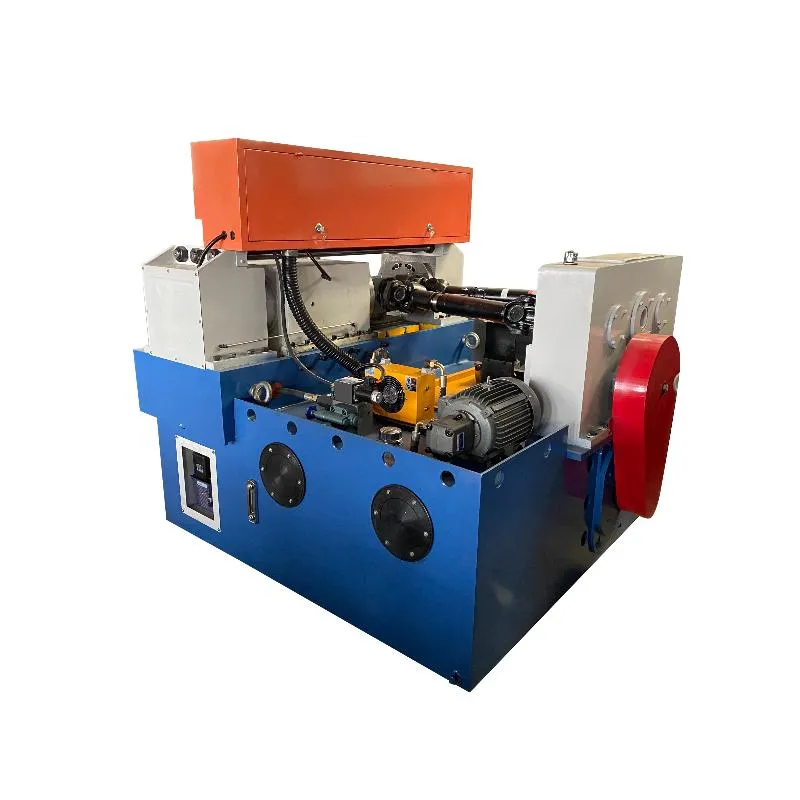
-
 Afrikaans
Afrikaans -
 Albanian
Albanian -
 Amharic
Amharic -
 Arabic
Arabic -
 Armenian
Armenian -
 Azerbaijani
Azerbaijani -
 Basque
Basque -
 Belarusian
Belarusian -
 Bengali
Bengali -
 Bosnian
Bosnian -
 Bulgarian
Bulgarian -
 Catalan
Catalan -
 Cebuano
Cebuano -
 Corsican
Corsican -
 Croatian
Croatian -
 Czech
Czech -
 Danish
Danish -
 Dutch
Dutch -
 English
English -
 Esperanto
Esperanto -
 Estonian
Estonian -
 Finnish
Finnish -
 French
French -
 Frisian
Frisian -
 Galician
Galician -
 Georgian
Georgian -
 German
German -
 Greek
Greek -
 Gujarati
Gujarati -
 Haitian Creole
Haitian Creole -
 hausa
hausa -
 hawaiian
hawaiian -
 Hebrew
Hebrew -
 Hindi
Hindi -
 Miao
Miao -
 Hungarian
Hungarian -
 Icelandic
Icelandic -
 igbo
igbo -
 Indonesian
Indonesian -
 irish
irish -
 Italian
Italian -
 Japanese
Japanese -
 Javanese
Javanese -
 Kannada
Kannada -
 kazakh
kazakh -
 Khmer
Khmer -
 Rwandese
Rwandese -
 Korean
Korean -
 Kurdish
Kurdish -
 Kyrgyz
Kyrgyz -
 Lao
Lao -
 Latin
Latin -
 Latvian
Latvian -
 Lithuanian
Lithuanian -
 Luxembourgish
Luxembourgish -
 Macedonian
Macedonian -
 Malgashi
Malgashi -
 Malay
Malay -
 Malayalam
Malayalam -
 Maltese
Maltese -
 Maori
Maori -
 Marathi
Marathi -
 Mongolian
Mongolian -
 Myanmar
Myanmar -
 Nepali
Nepali -
 Norwegian
Norwegian -
 Norwegian
Norwegian -
 Occitan
Occitan -
 Pashto
Pashto -
 Persian
Persian -
 Polish
Polish -
 Portuguese
Portuguese -
 Punjabi
Punjabi -
 Romanian
Romanian -
 Russian
Russian -
 Samoan
Samoan -
 Scottish Gaelic
Scottish Gaelic -
 Serbian
Serbian -
 Sesotho
Sesotho -
 Shona
Shona -
 Sindhi
Sindhi -
 Sinhala
Sinhala -
 Slovak
Slovak -
 Slovenian
Slovenian -
 Somali
Somali -
 Spanish
Spanish -
 Sundanese
Sundanese -
 Swahili
Swahili -
 Swedish
Swedish -
 Tagalog
Tagalog -
 Tajik
Tajik -
 Tamil
Tamil -
 Tatar
Tatar -
 Telugu
Telugu -
 Thai
Thai -
 Turkish
Turkish -
 Turkmen
Turkmen -
 Ukrainian
Ukrainian -
 Urdu
Urdu -
 Uighur
Uighur -
 Uzbek
Uzbek -
 Vietnamese
Vietnamese -
 Welsh
Welsh -
 Bantu
Bantu -
 Yiddish
Yiddish -
 Yoruba
Yoruba -
 Zulu
Zulu
Manufacturing Innovations in Thread Rolling Tool Production and Their Impact on Industry
The Significance of Thread Rolling Tool Factories in Modern Manufacturing
Thread rolling is an essential manufacturing process that focuses on creating threads or grooves on cylindrical workpieces. This procedure not only enhances the strength and durability of the finished products but also contributes to cost-efficiency in various manufacturing sectors. In this context, thread rolling tool factories play a crucial role by designing and producing the specialized tools required for this process. This article explores the significance of thread rolling tool factories, their contributions to the industry, and the advancements they are making to meet the evolving needs of modern manufacturing.
Understanding Thread Rolling
Thread rolling is a cold forging process that involves the deformation of a workpiece to form threads. Unlike conventional cutting methods, which remove material to create threads, thread rolling retains the majority of the original material, resulting in a denser and stronger product. This process is widely utilized in the production of fasteners, bolts, and screws across various industries, including automotive, aerospace, and construction.
The tools used in thread rolling are specialized and require precise engineering to ensure efficiency and effectiveness. Thread rolling tool factories specialize in manufacturing these tools, including dies and thread rolls, that are integral to the process. These factories utilize advanced technology and skilled craftsmanship to create tools that meet stringent quality standards.
The Role of Thread Rolling Tool Factories
Thread rolling tool factories are pivotal in ensuring the availability of high-quality tools that enhance the efficiency of the thread rolling process. These factories not only produce standard tools but also offer customization based on specific industrial requirements. As companies aim for greater automation and streamlined operations, the demand for customized and specialized tools is increasing.
One of the primary contributions of thread rolling tool factories is their ability to innovate. With advancements in materials science and manufacturing technology, these factories can produce tools that are more durable, offer better performance, and have longer lifespans. For instance, the use of high-speed steel or carbide materials allows for the production of tools that can withstand high temperatures and resist wear, thereby improving productivity.
thread rolling tool factories

Enhancing Productivity through Technology
The integration of technology in thread rolling tool factories is transforming the way tools are designed and produced. Computer-Aided Design (CAD) and Computer-Aided Manufacturing (CAM) systems allow for precision in tool creation, ensuring that even the most intricate designs can be produced with accuracy. Additionally, modern factories utilize CNC (Computer Numerical Control) machinery, which enhances production speeds and maintains consistency in quality.
Furthermore, advancements in simulation software have enabled engineers to predict how tools will perform in real-world applications before they are manufactured. This predictive capability helps in reducing the trial-and-error phase in tool development, ultimately leading to faster production times and cost savings.
Sustainability and Environmental Considerations
As global awareness of environmental issues increases, thread rolling tool factories are also focusing on sustainable practices. The production processes are being optimized to minimize waste, and more manufacturers are recycling materials wherever possible. Moreover, the shift towards renewable energy sources in production facilities reflects an industry-wide commitment to reducing carbon footprints.
Sustainable practices not only benefit the environment but also resonate well with consumers and businesses that prioritize eco-friendly operations. By adopting greener methods, thread rolling tool factories can appeal to a broader market while contributing positively to the industry’s reputation.
Conclusion
Thread rolling tool factories are indispensable to the manufacturing sector, driving efficiency, innovation, and sustainability. Their role in producing high-quality, specialized tools ensures that industries reliant on thread rolling can operate effectively and competitively. As technology continues to evolve and the demand for customized solutions grows, these factories are poised to adapt and lead the way in transforming thread rolling processes. Ultimately, the significance of thread rolling tool factories extends beyond mere production; they are key players in shaping the future of manufacturing.
